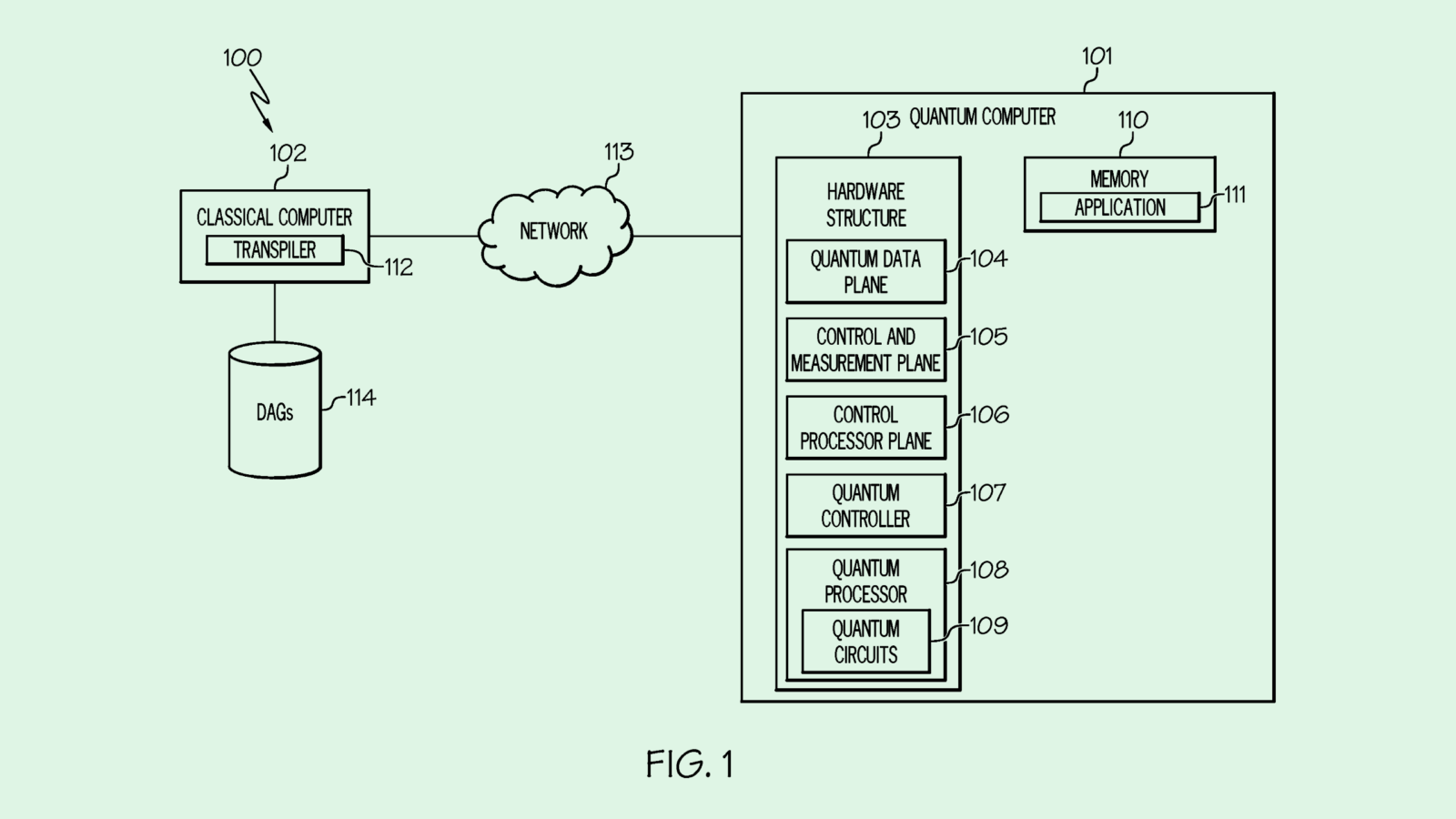Happy Monday and welcome to CIO Upside.
Today: As Microsoft pulls back on data center projects, the tech industry may be questioning the ROI on AI. Plus, recession fears could lead enterprises to lean on AI to delay hiring; and IBM wants to help quantum computers tune out the noise.
Let’s get into it.
Microsoft’s Data Center Pullback Raises Questions About AI Infrastructure Boom

Is the tide receding on the AI data center tsunami?
Microsoft has pulled back on a number of its data center projects in the past several weeks, with its most recent pause being an early-stage project in Ohio worth $1 billion. That move broadens the impact of the company’s decision to halt work on sites in Indonesia, the UK, Australia, Illinois, North Dakota and Wisconsin.
“Any significant new endeavor at this size and scale requires agility and refinement as we learn and grow with our customers,” Noelle Walsh, president of Microsoft’s cloud computing operations, said in a post on LinkedIn last week.
Microsoft’s moves may be reflective of broader economic uncertainty, said Trevor Morgan, chief operating officer at OpenDrives. “We have a lot of uncertainty going on in the global economy,” Morgan said. “Volatility makes people stop and go, ‘Wait a minute here with capital investments – let’s think that through.’”
The current economic chaos isn’t the only reason Microsoft may be pulling back, Morgan said. After years of the industry going all-in on AI, the question of when tech firms will see a return on their eye-popping investments still hangs in the balance:
- “Do we really know what AI is going to do for businesses?” Morgan said. “People are freaked out. And with uncertainty comes cautiousness with capital-heavy investments.”
- And ironing out how AI fits into different industries isn’t something that’ll happen overnight. “I think we’re going to see that iron out in the next two to three years,” Morgan said.
Though caution may be causing the industry to slow its roll, it’s unlikely that these firms will reverse course entirely, he said. As it stands, Microsoft and others are likely slowing down to take a pulse check and assess competition. “If everybody’s looking at each other, then it looks like a receding, but I think it’s just a pause,” he said.
So what will it take to melt the ice? It may require one firm going “full speed ahead” despite the circumstances, said Morgan. It’s a mentality that tech giants like Google and Amazon seem to be living by, as both companies reaffirmed their multi-billion dollar data center plans last week.
“One of them is going to say, ‘damn the torpedoes,’” said Morgan. “You hear all the time that you don’t go big in business when times are good, because everything’s expensive. You go big when things look a little rough.”
Tech Hiring May Slow Amid Recession Fears. Can AI Help?

With recession fears looming as the Trump administration’s tariff threats roil markets, enterprises are trying to preserve profit margins by curbing expenses — including payroll.
Tech jobs across industries fell by 29,000 jobs in March, according to analysis by IT research firm CompTIA. AI offers a tool to fill some of the gaps.
“This is going to force organizations to think hard about their strategy and the levers they have to control the business from a standpoint of profitability and growth,” said John Schneider, chief marketing officer at Betterworks.
Though it’s unlikely that AI is at a point where it can entirely replace existing workforces, said Schneider, the tech is already changing the way many people work – and potentially the way enterprises are hiring.
- In a memo to employees, Tobi Lutke, CEO of Shopify, instructed staff this week that before any new hires were brought on, they would need to prove that the job couldn’t be done by autonomous AI agents.
- “Can it slow hiring? Without a doubt,” said Schneider. “If you’re going to try to be efficient and drive profitability while your costs are going up … you may be looking very hard at AI from a standpoint of doing more with the people you have because of the efficiencies you’re realizing.”
However, companies taking the route of AI replacement over augmentation do themselves a disservice in the long run, said Schneider. Though enterprises may get short-term benefits from automating work that could be done by greener, less experienced employees, doing so could choke the “supply chain of talent” long term, he said. “They lose those people that were supposed to be the senior engineers in 10 years.”
Plus, while there are a handful of tasks that AI is particularly good at, there are plenty of areas where “human thinking can’t be replaced,” he said, such as soft skills like emotional intelligence, communication and decision-making.
“(AI) has the potential to be part of an antidote in how companies compete,” said Schneider. “I think that antidote has less to do with replacing the humans you have, but rather augmenting them.”
IBM Continues Quantum Quest with Noise Correction Patent

Quantum computers need peace and quiet to operate. IBM wants to turn down the noise.
The company is seeking to patent a system for “contextually calibrating quantum hardware by minimizing contextual cost function” that essentially fine-tunes a quantum computer to account for the context that the device is operating in.
IBM’s system analyzes a quantum computer and adjusts its operation based on the specific program. Some of the adjustments include the power and timing of signals sent to the device’s qubits, and performing error-correction strategies in advance. The system will then apply those custom adjustments during the performance of a specific task or running of a program.
The methods highlight a major barrier that quantum computers still face: Noise. For reference, the term “noise” represents anything in an environment that can knock a quantum computer out of its precarious state known as “superposition” that allows qubits to perform incredibly complex calculations at rapid speeds. Surpassing this barrier is a major key to scaling these devices to more than a few thousand qubits.
“By lowering the quantum device noise,” IBM said in the filing, “the overhead for quantum error mitigation may be reduced. Furthermore, quantum error correction is only feasible when the quantum device noise is below a threshold value.”
A patent like this makes sense coming from IBM. With one of a small handful of quantum computers on the market, the company is one of the foremost developers in the quantum space. And quantum breakthroughs have started to pick up pace, with announcements pouring out of Microsoft, Google, Amazon, JPMorgan Chase and more in recent months. Though the timeline for market-ready and scalable quantum devices is still murky, IBM could be looking to stake its claim early.
Extra Upside
- VC Raise: Founders Fund, the VC firm run by Peter Thiel, closed a $4.6 billion late stage fund.
- Board Room Shake Up: Meta has added Dina Powell McCormick, former advisor to President Donald Trump, to it’s board of directors.
- Short-Lived Reprieve: US commerce secretary Howard Lutnick said that tariffs on electronics will come “probably a month or two.”
CIO Upside is written by Nat Rubio-Licht. You can find them on X @natrubio__.
CIO Upside is a publication of The Daily Upside. For any questions or comments, feel free to contact us at team@cio.thedailyupside.com.
